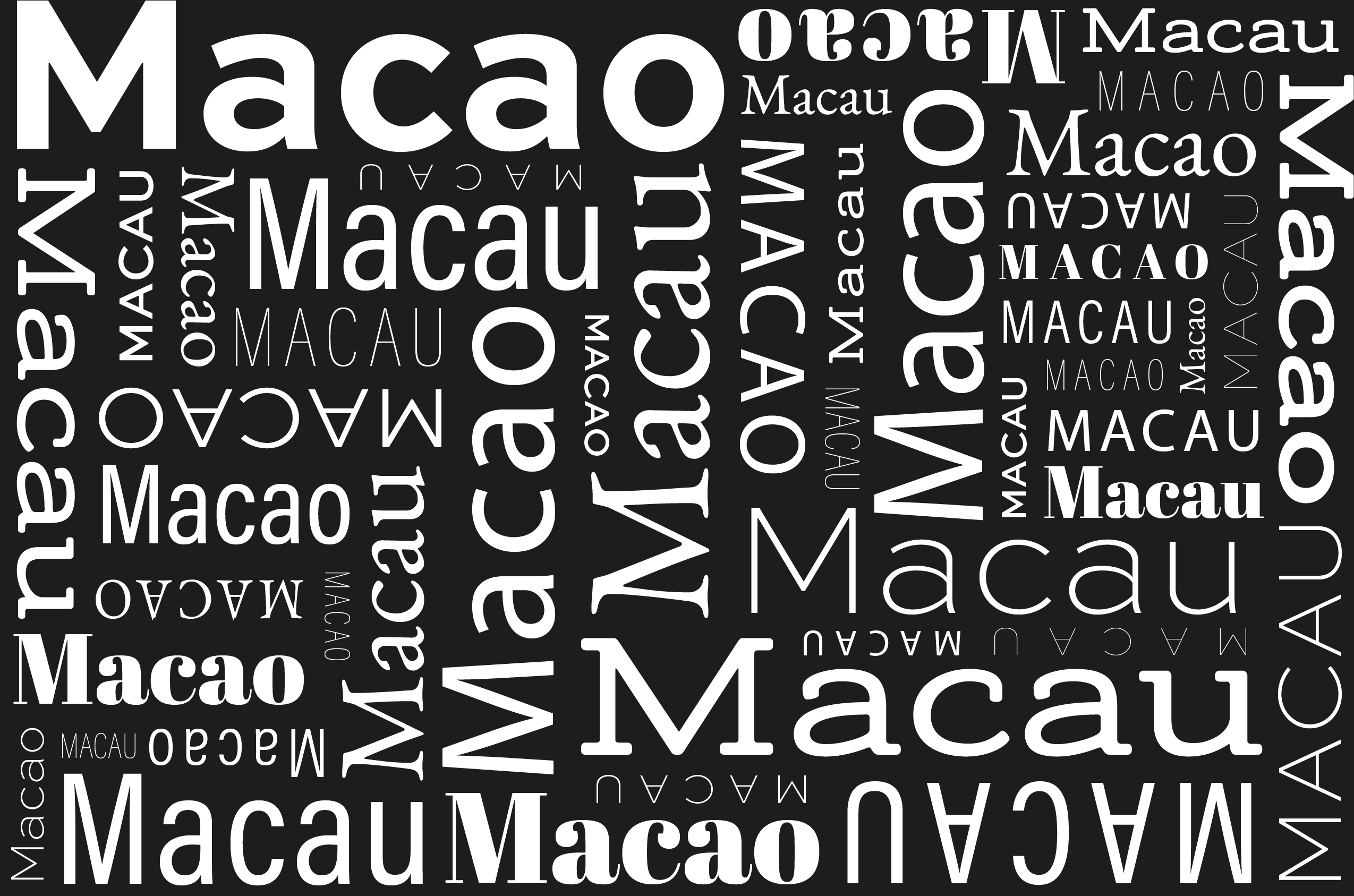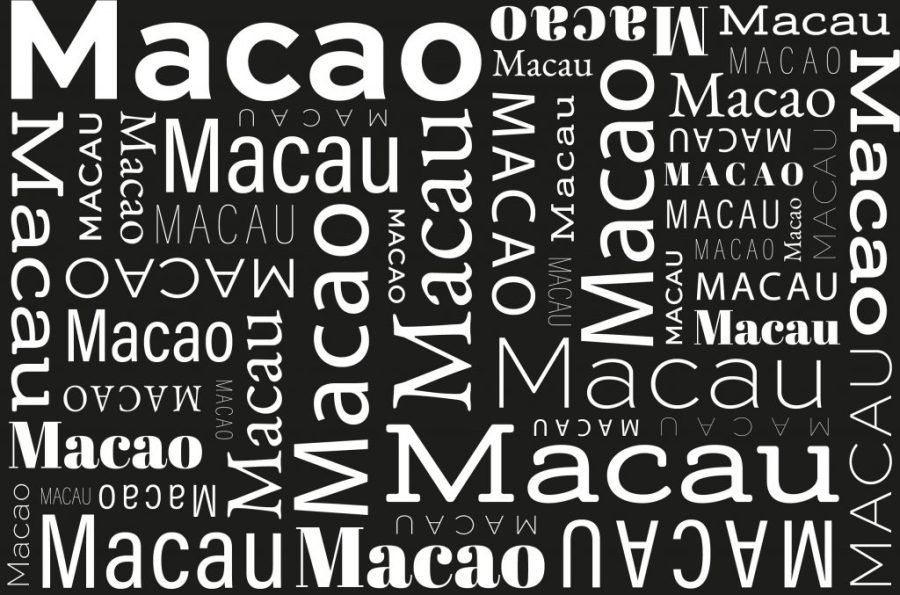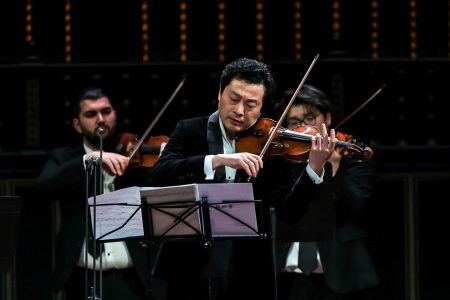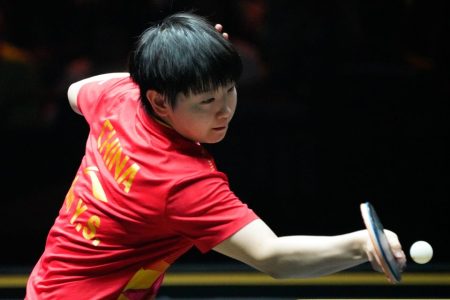You don’t need to inhabit parallel universes to see Macao’s name officially spelt in two different ways – either with an “o” or a “‘u.”
The online portal of the Macao government (spelling Macao with an “o”) uses the “u” spelling for sites entitled “City Guide of Macau” and “Nature of Macau” then reverts back to the “o” spelling for “Macao Gastronomy” and “Macao Travel Talk.”
It’s the Macau Maritime Museum but the Macao Cultural Centre. Macau International Airport and Air Macau take the “u” spelling, but ‘o’ is preferred by the Monetary Authority of Macao and Macao Post. The University of Macau went with a “u” but Macao Polytechnic University chose “o.” No wonder there’s such widespread confusion.
Macao is by no means unique when it comes to places whose name can be spelt in multiple ways. The German city of München is known as Minga in Bavarian and, of course, Munich in English. The capital of the Indian state of Maharashtra reverted to its original name of Mumbai in 1995, but many still prefer to call it Bombay in spite of the colonial connotations.
[See more: The Internet asked, ‘What is Macao chicken?’ and we answered]
But what makes Macao, or Macau, unusual is the sheer proliferation of the two spellings and the lack of agreement on them – even within the government itself.
The popular explanation for the divergent spelling is that the ‘u’ spelling is Portuguese, whereas the ‘o’ ending is English – and indeed many organisations with Macao in their names will vary the spelling according to which language they are using. But University of Macau sociolinguistics expert Andrew Moody says this belief is inaccurate and belongs to the realm of “folk beliefs about language.” He notes that “both variants were used in both languages simultaneously.” Indeed, the two spellings can be found in Portuguese and English historical documents from as far back as the sixteenth and seventeenth century respectively.
“There has been a lot of speculation about where the name Macau [or] Macao comes from,” Moody says. “To my knowledge, there is no definitive answer.”
The Portuguese first arrived in the territory in the 16th century. Upon disembarking in the A-Ma temple area, legend says, they asked the locals for the name of the place. The answer they were given is the subject of intense academic debate, with some scholars suggesting that it was aa maa gong (阿媽港), maa gok (媽閣) or paak hau (泊口). There’s even a suggestion that it was actually a Cantonese profanity.
Regardless of whichever word, or term of abuse, was used, the legend holds that the Portuguese mistook it for the name of the entire territory and ended up transliterating it into “Amagao,” as well as its other variants. Over time, the name underwent changes, morphing into both “Macao” and “Macau.”
The truth is open to debate. However, what such stories demonstrate is the richness of Macao’s linguistic environment. As Moody notes, “There are (and have been for a very long time) a number of different languages spoken in Macau. These languages form a collective ecology and each language variety has a potential influence on the other varieties.”
[See more: The Internet asked ‘What is Macao’s currency?’ and we answered]
One clear example of this is the now endangered Macanese patúa, which is an amalgamation of various languages including Portuguese, Cantonese and Malay. Even the names of buildings in Macao illustrate the city’s linguistic diversity: “Edifício Chun Hung Garden,” for example, combines Portuguese, Cantonese and English words in one name.
While the origin of the two spellings remains unclear, there still remains the question of whether one form is more favoured compared to the other. When making a Google search, the “u” spelling yields significantly more results than its “o” counterpart. The local government seems to have had a historical preference for the “u” spelling but today officially accepts both variants.The central government refers to the city in English with the “o” spelling – possibly, Moody speculates, because the city is “assigned .mo” as an Internet top-level domain. The EU and WTO use Macao but the UN has adopted both Macao and Macau.
Regardless of the spelling of Macao (or Macau) you choose, neither one is ultimately more correct than the other. Both are equally valid, historically and linguistically. If anything, their coexistence is a sign of the city’s famous plurality and enjoyment of life. Not everything needs to be followed to the letter.






